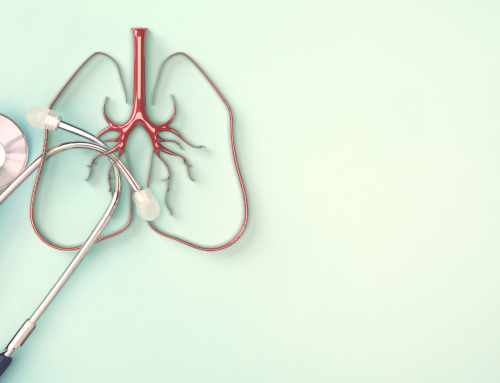Navigating Life After Cancer Treatment: A New Chapter Begins
The journey through cancer treatment is undeniably challenging, and embarking on life post-treatment can feel like stepping into the unknown. At Tasman Health Care, we’re dedicated to guiding you through this significant transition. Let’s delve into what life after cancer treatment may involve, from follow-up care and managing emotional well-being to reintegration into everyday life and handling fears of recurrence.
Embracing Survivorship
The term “cancer survivor” can evoke a range of emotions and interpretations. For many, it signifies a badge of resilience and triumph, while others may focus on a life perspective not centred around cancer. Regardless of how you identify, this phase is about embracing a new normal and contemplating a future filled with possibilities.
The shift to life after active treatment marks the beginning of the survivorship phase—a critical period where adapting involves finding meaning in daily experiences and understanding that the journey is continuous.
Follow-Up Care: A Crucial Aspect of Recovery
Your journey doesn’t conclude with the last chemotherapy session or surgery; follow-up care is vital for ongoing recovery. Regular check-ups, including scans and blood tests, play a key role in monitoring your health, detecting any signs of recurrence, and managing lingering side effects. These appointments may be scheduled every 3 to 6 months, depending on your personal care plan.
Maintaining a strong connection with your healthcare team ensures peace of mind and allows you to address ongoing symptoms effectively, providing a comprehensive safety net as you move forward.
Addressing Emotional Impact and Cancer-Related Fatigue
Life after cancer treatment brings a spectrum of emotions that can be challenging to navigate. Relief may blend with anxiety or feelings of uncertainty about the future, and cancer-related fatigue is a genuine issue that impacts physical stamina and emotional health.
It’s important to recognise these feelings and not face them alone. Professional support from counsellors or psychologists, as well as community and support groups, can offer invaluable solace and understanding.
Understanding Long-Term and Late Effects of Treatment
Life post-treatment often involves managing the long-term effects of chemotherapy, radiation, or surgery, which can manifest as physical changes or emotional adjustments. Communicating openly with your health team about any persistent issues is vital to effectively manage these effects, helping ensure a higher quality of life as you move through recovery.
Returning to Work: Navigating Professional Life
The prospect of returning to work is an essential milestone and often a significant part of rebuilding life post-treatment. It represents a return to normalcy and an opportunity to reflect on or redefine your career goals and work-life balance.
Discussing any necessary accommodations with your employer, such as flexible hours or altered responsibilities, helps align professional engagements with your health priorities.
Finding Your New Normal
Finding a new normal does not happen overnight; it’s a gradual reassessment of what holds importance and joy in your life, from nurturing relationships to exploring new interests. Allow yourself the patience and space to grieve any losses while celebrating newfound resilience.
Addressing Depression and Anxiety
Emotional challenges like depression and anxiety are common among cancer survivors. Symptoms such as persistent sadness, withdrawal from enjoyed activities, or changes in sleep and appetite should not be ignored. Seeking early treatment is vital, whether through therapy, support groups, or mindfulness practices, and can have a significant impact on your emotional health.
If you’re experiencing thoughts of self-harm or feeling overwhelmed, crisis support services like Lifeline (13 11 14) offer immediate assistance.
Managing the Fear of Cancer Recurrence
It is normal to fear the possibility of cancer returning. This fear may be triggered by follow-up appointments, anniversaries, or health changes. Learning techniques to manage these anxieties—such as focusing on controllable factors, engaging in regular exercise, or incorporating relaxation practices—can empower you and reduce stress.
Being actively involved with your healthcare plan and maintaining open communication with health professionals about any concerns can also help alleviate fears related to recurrence. Participating in creative activities and support groups may further aid in processing these emotions.
Conclusion
At Tasman Health Care, we are dedicated to supporting you beyond treatment. Embracing life after cancer is about seizing the challenges and opportunities it presents. By prioritising your health, seeking support, and rediscovering happiness in daily life, you can craft a fulfilling and resilient future.
Step confidently into this new chapter, knowing that your journey is uniquely yours and every step forward is a testament to your courage. Welcome to a phase where healing and hope bloom hand in hand, with Tasman Health Care here to support you at every turn.
Need support during this time? Contact the team at Tasman Health Care for expert guidance and assistance on 07 5613 2480.






